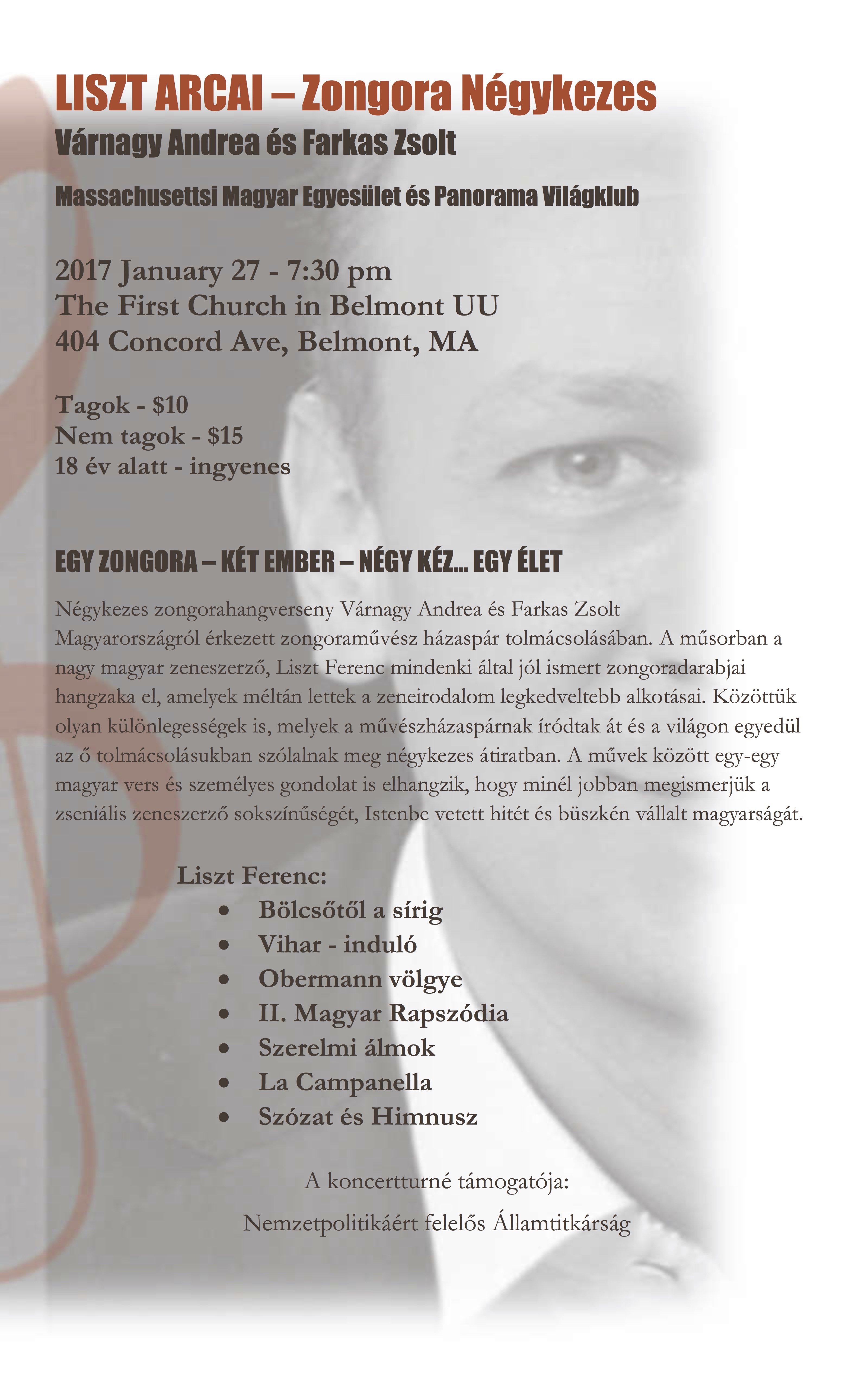Tickets are also available at the venue.

Jegyek a helyszínen is kaphatóak.



Language: English
Speaker: Dora Farkas, PhD
Title: How Crush Impostor Syndrome, Whether You Are a Student or Professional
About the talk: What is the Impostor Syndrome?
The term “Impostor Syndrome” was coined in 1978 by psychologists Dr. Pauline Clance and Suzanne Imes and it refers to a phenomenon among students and professionals, especially high achievers, who are unable to internalize their accomplishments, and are afraid of being exposed as a “fraud” or impostor.
They usually attribute their achievements to luck, timing, or deceiving others into thinking that they are more intelligent that they believe themselves to be. Students and professionals with the Impostor Syndrome live in fear that one day someone will discover that they are not as smart as they thought they were.
Someone who is experiencing the Impostor Syndrome may believe that they “looked good on paper” but have no experience applicable to the workplace. Or they may believe that a mistake was made during the admission or hiring process.
It is important to note that the Impostor Syndrome is based on beliefs that an individual has about themselves, and is not correlated with their external achievements.
If you believe that:
You are not smart enough to be in the position you are, or
You are not as smart as everyone else around you, or
They must have made a mistake when they admitted or hired you, or
If others knew the truth about you they would realize that you are not as smart as they thought,
you probably have experienced the Impostor Syndrome.
The Impostor Syndrome is accompanied by self-doubt, low self-esteem and lack of motivation. While these feelings are very real (and may have been with you for years), they stem from fear-based beliefs and not the truth.
The feelings associated with the Impostor Syndrome can be divided into three major categories:
1. Feeling like a fraud: the person believes that he or she does not deserve his or her success or professional position and that somehow other have been deceived into thinking otherwise. This goes together with a fear of being, “found out”, discovered or “unmasked”. People who feel this way would identify with statements such as: “I can give the impression that I am more competent than I really am.” “I am often afraid that others will discover how much knowledge I really lack”.
2. Attributing success to luck: Another aspect of the impostor syndrome is the tendency to attribute success to luck or to other external reasons and not to your own internal abilities. Someone with such feeling would refer to an achievement by saying, “I just got lucky this time” “it was a fluke” and with fear that they will not be able to succeed the next time.
3. Discounting Success: The third aspect is a tendency to downplay success and discount it. One with such feelings would discount an achievement by saying, “it is not a big deal,” “it was not important.” One example of this is discounting the fact that they made it here, which is really a big success. Or saying, “I did well because it is an easy class, etc.” Or, you might have a hard time accepting compliments.
This is not an all or nothing students. Many students and professionals can probably identify with a few statements but not with others. Some people may identify with impostor feelings in some situations and not in others, or maybe you may not identify with these feelings but have friends who do.
In this interactive workshop you will discover:
How to recognize whether you have feelings associated with the Impostor Syndrome that may be holding you back,
The most common reasons and habits that lead to the Impostor Syndrome, and
How to shift your thinking pattern and behavior so that you can overcome feelings associated with the Impostor Syndrome.
You will walk away from this workshop with specific strategies to crush the Impostor Syndrome so you can increase your confidence and motivation and ,ultimately, improve your performance at work.
About the speaker: Dora Farkas was born in Budapest, Hungary. She completed her Bachelor’s in Chemical Engineering and her Ph.D. in Biological Engineering both from MIT. She received an NIH postdoctoral fellowship and was a principal investigator in several clinical trials at Tufts Medical School. Dora worked for several years in the pharmaceutical industry as a Senior Scientist in the areas of drug metabolism and pharmacokinetics.
Dora is the Founder of Finish Your Thesis (FinishYourThesis.com) an online community that provides training programs for Masters and PhD students. She is the creator of the online “Finish Your Thesis Program”, which has trained hundreds of graduate students from over 30 different countries since 2015.
Dora can be reached at dora@finishyourthesis.com